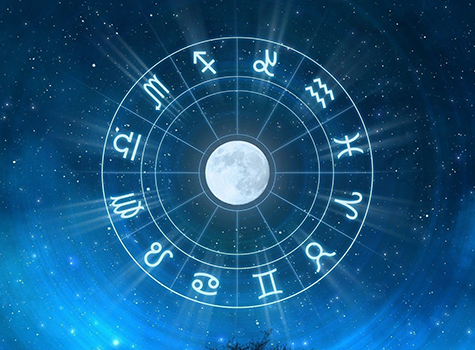By Shyama Parui

What constitutes a war crime?
Murder, rape, pillage….
Pick up any history book, dust off its cover, and once you turn its pages you will find that Roman warriors, Mongolian invaders, rival nations, and many more armies were guilty of the above aggressions once they had succeeded in conquering a kingdom or land. These have been the topic of period dramas and perhaps discussions in high school. Its horrific nature compels us to focus on the hapless consequences of war and wonder, why? Did the victors stop viewing the vanquished as humans?
Taking hostages, attacks on civilians, enlisting children to fight…
When armed conflict storms into the lives of ordinary citizens it snatches away the innocence of childhood. Books get replaced with weapons, mothers and daughters are thrown into slavery, hostages and captives are subjected to gruesome deaths or forced to lead torturous lives. These dire consequences have occurred regardless of time and place. The Apache and Navajo tribes from America for example were known to avenge deaths or attacks from rival tribes by looting and killing their enemies. Warring Maharajas from ancient India left a wake of destruction that affected not only the soldiers of their time but also the future population.
Bombardment of religious, educational, and historic buildings….
With destruction of community assets such as temples, mosques, churches, museums and schools, comes the loss of knowledge and wisdom. That loss goes beyond structures and artifacts. The absence of these spaces deprives people of a sense of connection with their past and perhaps disables optimism for the future. Ruins stand as constant reminders of an existence that was brutally obliterated.
and many more intangible, undefinable crimes, and some even overlooked or forgotten.
When news of the Russian invasion of Ukraine broke out, I was listening to the radio. The reporter described a Ukrainian woman walking to the Polish border for safety. Clutching her few belongings, she braved the winter weather for a chance to still breathe. I cannot even begin to imagine what it’s like to flee your home. The place you call your own, your haven, the holder of your treasures, could be blown into bits within seconds shattering what took years to build.
I have been overwhelmed with thoughts about all the little things that affect ordinary people trapped between the line of firing. Even though, we are experiencing some relief from the two-year pandemic, the attack on Ukraine by Russia has raised alarm bells worldwide. With this sad turn of events, a painful realization dawned on me. Ever since I was old enough to develop my vocabulary, I had heard the word “war†mentioned in news telecast, radio broadcasts, and coffee table conversations around me. I was born when the Vietnam war was almost over, but it gave way to an intense Cold War. Try as they may, Indians cannot erase the scars in our collective memories left by the Partition and the short but virulent wars with Pakistan and China at the border. Like stealthy commandos, reference to these skirmishes infiltrated innumerable debates for as long as I can remember.
In elementary school, I read about the Iran-Iraq War in the Reader’s Digest and Time as they were the few international magazines that I had access to. Then of course the 90’s started off with the Gulf War and more tumult followed in the years to come, which may be fresh in our minds. These examples are far from comprehensive and does not even include internal clashes or full-fledged vendetta against ethnic minorities by leaders of their own land. An eternal tragedy is playing out with some part of this planet being always ravaged by war. COVID 19 has wiped out over 6 million of the global population in just two years so, one would surmise that the pain of death has taught the world to prioritize life. Alas, that is wildly optimistic.
Russia is being accused of war crimes but isn’t the act of war a crime in itself? I see it as a colossal offense that continues to haunt its victims for generations through trauma, poverty, illness, and a vortex of unresolved of emotions in their hearts.
Certain scenarios compel us to fight the good fight, justifying revolutionary methods for correcting wrongdoing. Even the Bhagavat Gita, the revered Hindu scripture, is set in Kurukshetra’s gory battlefield with warriors shedding the blood of their brethren. Lord Krishna advises Arjuna to fight for the sake of duty, treating alike happiness and distress, loss and gain, victory and defeat. The turmoil however is metaphorical. The actual war is our internal struggle to want and own wealth, power, and fame. Transcending these needs is said to bring inner peace and the only hope for amity around the world. Is it foolhardy to wish or pray for this cosmic goal?
Shyama Parui is a longtime North Carolina resident and ardent writer. You can reach her at [email protected]



